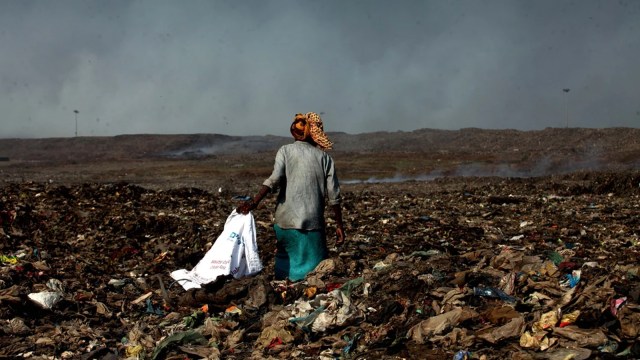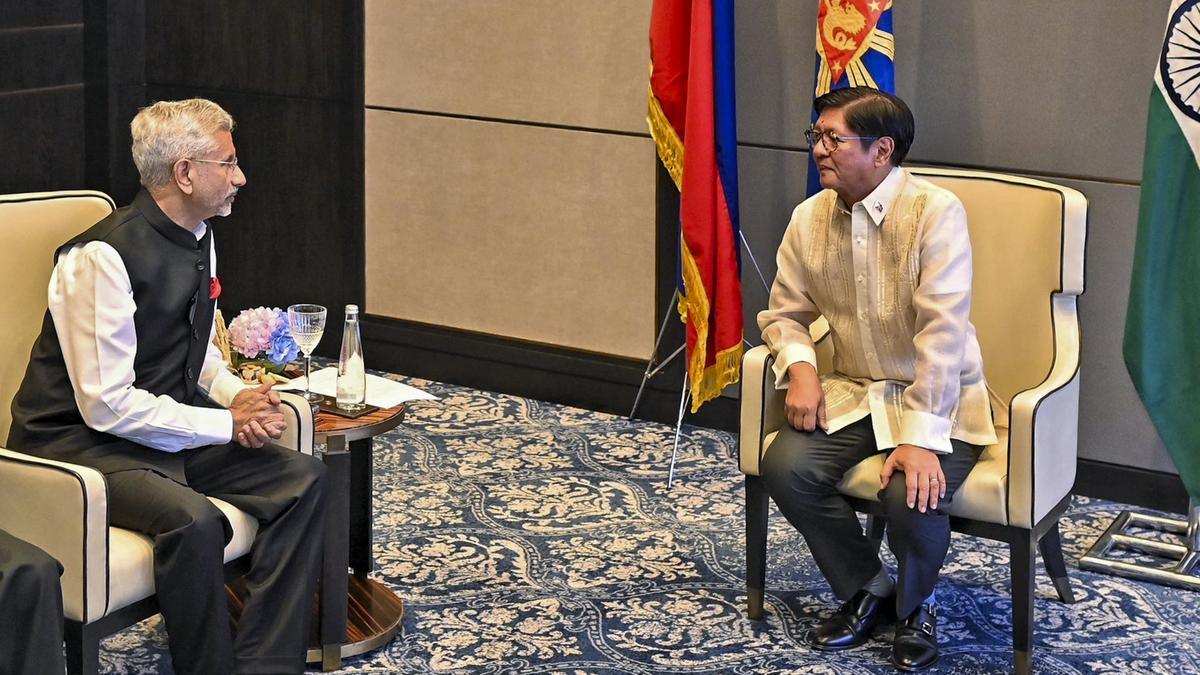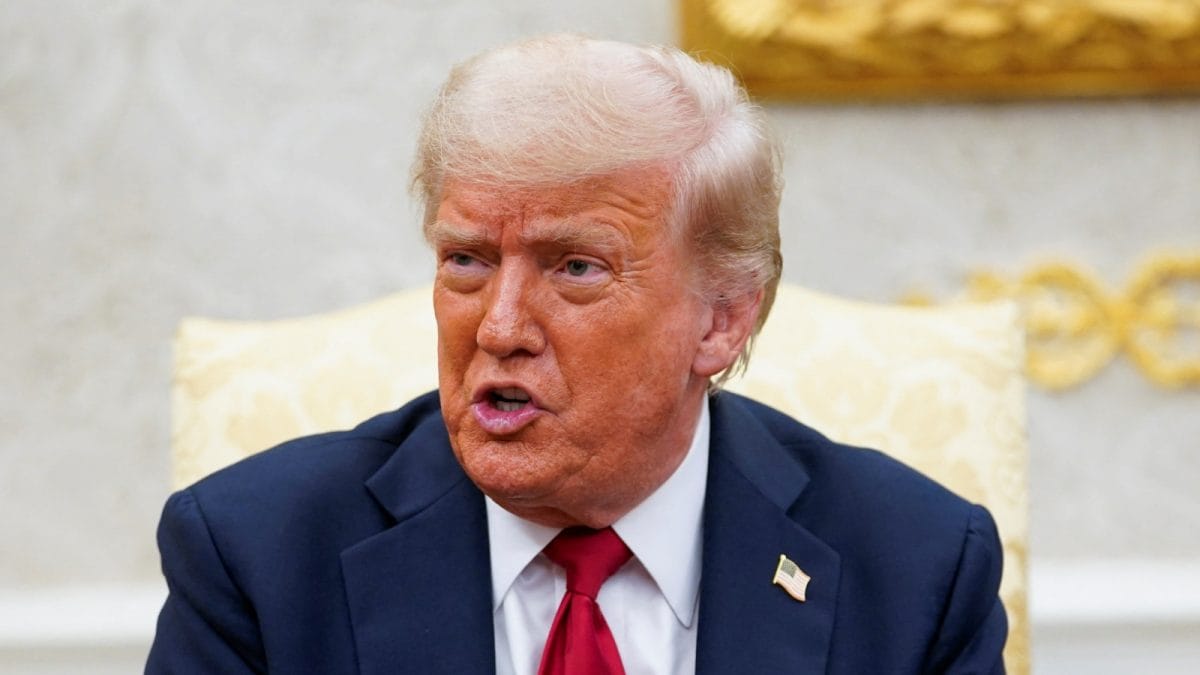ARTICLE AD BOX
 As per the Centre for International Environmental Law, a US-based non-profit, the current draft text issued during Busan contains 370 brackets, which indicate areas of no agreement between countries.
As per the Centre for International Environmental Law, a US-based non-profit, the current draft text issued during Busan contains 370 brackets, which indicate areas of no agreement between countries.
STARTING TUESDAY, over 190 countries will get into a huddle in Geneva, Switzerland, to break an impasse and reach an agreement over the next fortnight on the first-ever Global Plastics Treaty that will create a legally binding framework to end plastic pollution, including in the marine environment. This will be the second installment of the fifth meeting of the Intergovernmental Negotiating Committee (INC-5) of the UN.
Countries will push to address plastic pollution right from the production stage, which uses polluting oil and gas, to the challenges of plastic waste disposal and recycling.
Negotiators will pick up from the previous meeting in Busan, South Korea, last December, where talks had collapsed over critical and unresolved issues. These issues and disagreements were over the draft treaty’s provisions on putting a cap on production of polymers, elimination of harmful chemicals from plastic production and phasing out of harmful plastic products.
As per the Centre for International Environmental Law, a US-based non-profit, the current draft text issued during Busan contains 370 brackets, which indicate areas of no agreement between countries.
It was in 2022 in Nairobi that a resolution was adopted at the United Nations Environment Assembly to develop global rules to end plastic pollution. If successfully adopted, the treaty would be the most consequential one on environmental issues since the 2015 Paris climate agreement.
Explained
A growing problem
The exponential growth in plastic production is one of the key drivers of plastic pollution. Globally, annual production has doubled, soaring from 234 million tonnes in 2000 to 460 million tonnes in 2019, while plastic waste has more than doubled from 156 Mt in 2000 to 353 Mt in 2019, as per a report of the Organisation for Economic Co-operation and Development. Production is likely to triple in a business-as-usual scenario by 2060, as per the UN EP.
The talks on the global treaty will resume in the backdrop of a new Lancet report which said that “plastics cause disease and death from infancy to old age and are responsible for health-related economic losses exceeding $1.5 trillion annually”.
Civil society and environmental campaigners have termed the negotiations a once-in-a-lifetime opportunity to end plastic pollution and have called on countries to ensure significant cuts in plastic production.
An award-winning journalist with 14 years of experience, Nikhil Ghanekar is an Assistant Editor with the National Bureau [Government] of The Indian Express in New Delhi. He primarily covers environmental policy matters which involve tracking key decisions and inner workings of the Ministry of Environment, Forest and Climate Change. He also covers the functioning of the National Green Tribunal and writes on the impact of environmental policies on wildlife conservation, forestry issues and climate change. Nikhil joined The Indian Express in 2024. Originally from Mumbai, he has worked in publications such as Tehelka, Hindustan Times, DNA Newspaper, News18 and Indiaspend. In the past 14 years, he has written on a range of subjects such as sports, current affairs, civic issues, city centric environment news, central government policies and politics. ... Read More



.png)
.png)
.png)


























 English (US) ·
English (US) ·